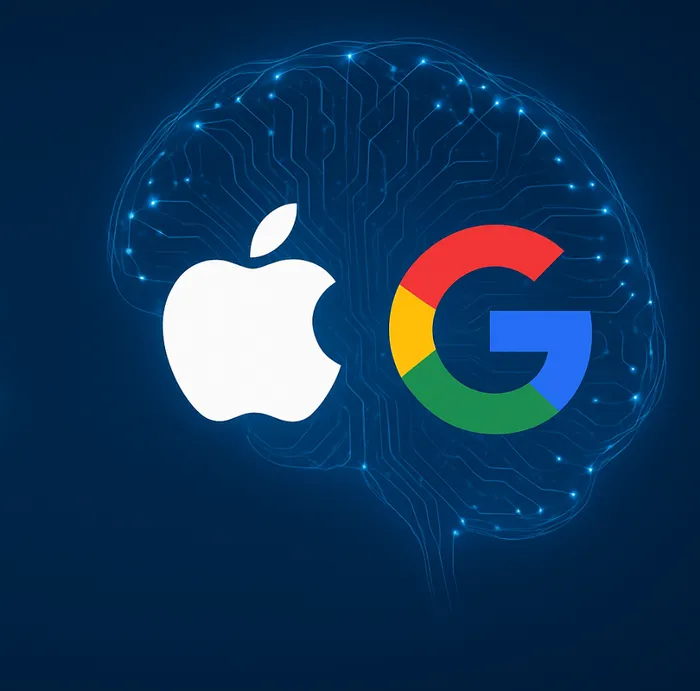
.
Image: FAST COMPANY
In a striking strategic shift, Apple is quietly exploring the integration of Google's advanced Gemini AI model into a revamped version of Siri, marking a potential departure from its traditionally insular approach to AI development.
Apple, according to Bloomberg, is reportedly weighing whether to continue with its in-house Siri models, codenamed Linwood or adopt an externally powered approach, dubbed Glenwood, potentially driven by Gemini.
According to AInvest, Gemini, which Google has already begun training to run on Apple’s custom-designed Private Cloud Compute servers, may enable multimodal capabilities, i.e., interpreting photos, videos, and voice inputs natively and securely.
Siri’s long-awaited overhaul, initially slated for mid-2025, was delayed due to engineering challenges and resource constraints.
Additionally, Apple’s internal “Apple Intelligence” suite, launched in late 2024, is still finding its footing, offering mixed critical reaction and showing limitations in scaling conversational, context-aware features
Meanwhile, rivals like Google and Samsung have dramatically accelerated generative AI integration across consumer devices, spotlighting Apple’s lag.
According to Google, Gemini is currently among the most capable multitasking AI models, supporting reasoning, code generation, and “Deep Think” functionalities, with both 2.5 Pro and Flash versions optimised for speed and enhanced security. Therefore, for Apple, tapping into that power could be a transformative leap for Siri.
It should also be noted that when news broke of this new "alliance", Alphabet shares rose by 3.7%, and Apple’s gained 1.6%.
While these discussions are still early and exploratory, Apple’s decision could shape the future of voice-first AI: whether it leans deeper into its in-house Apple Intelligence ecosystem or embraces a hybrid model powered by Google’s AI might define Siri’s relevance in 2026 and beyond.
